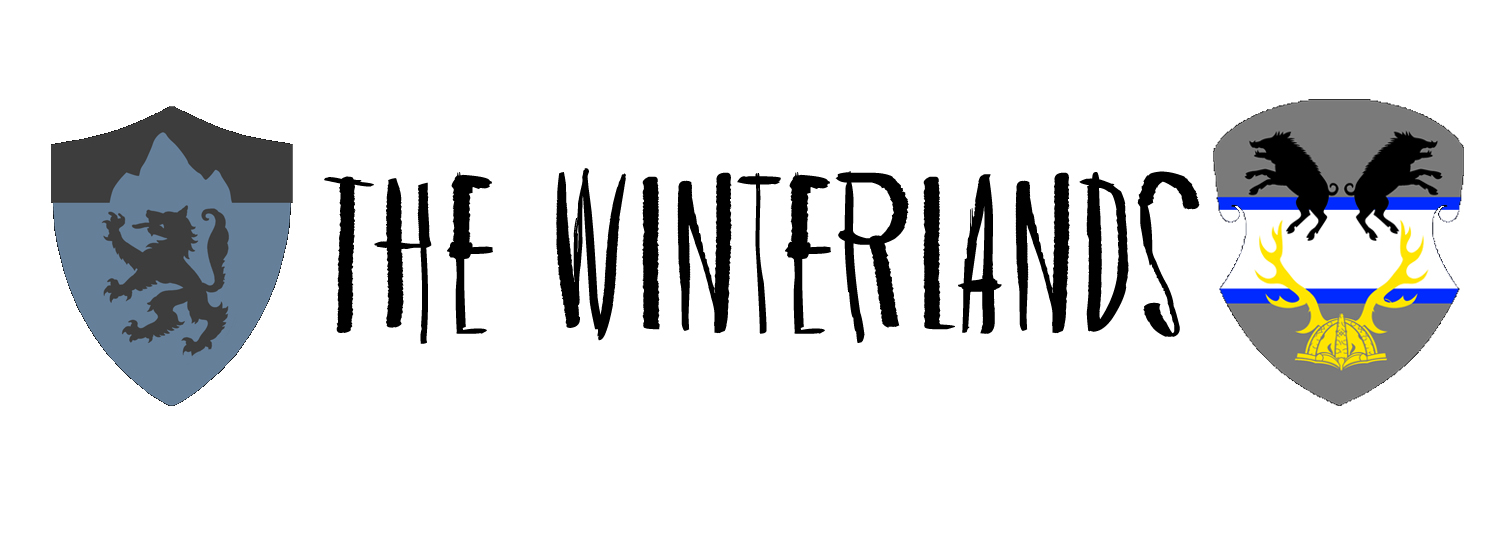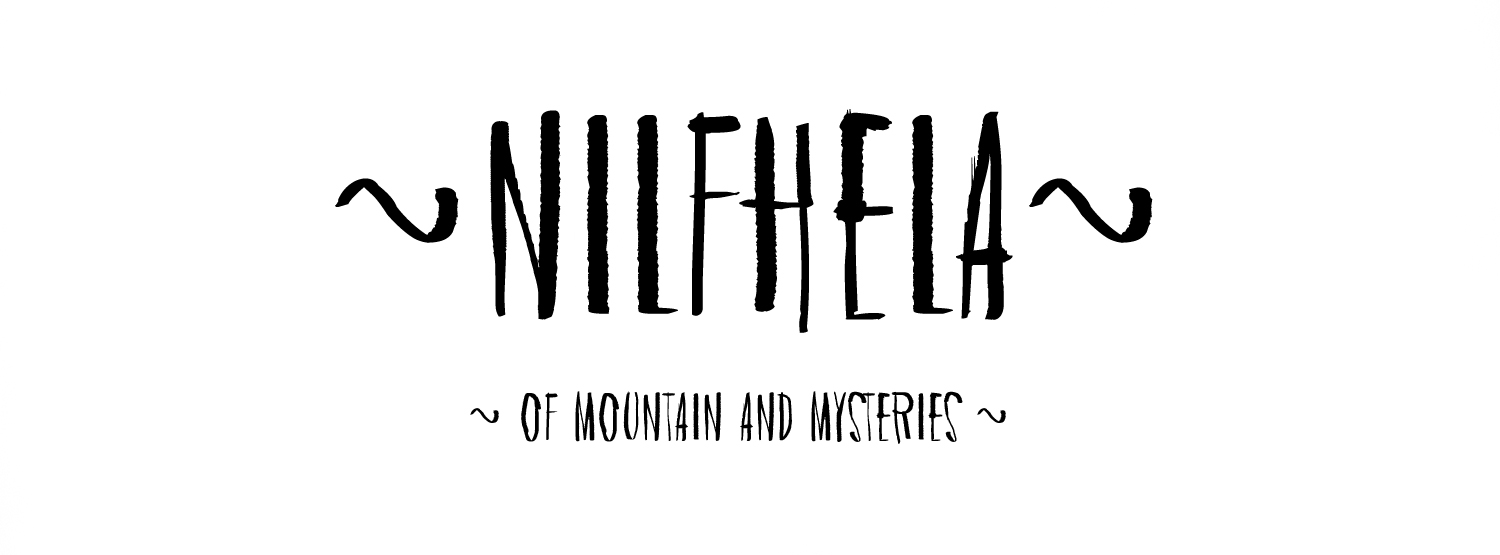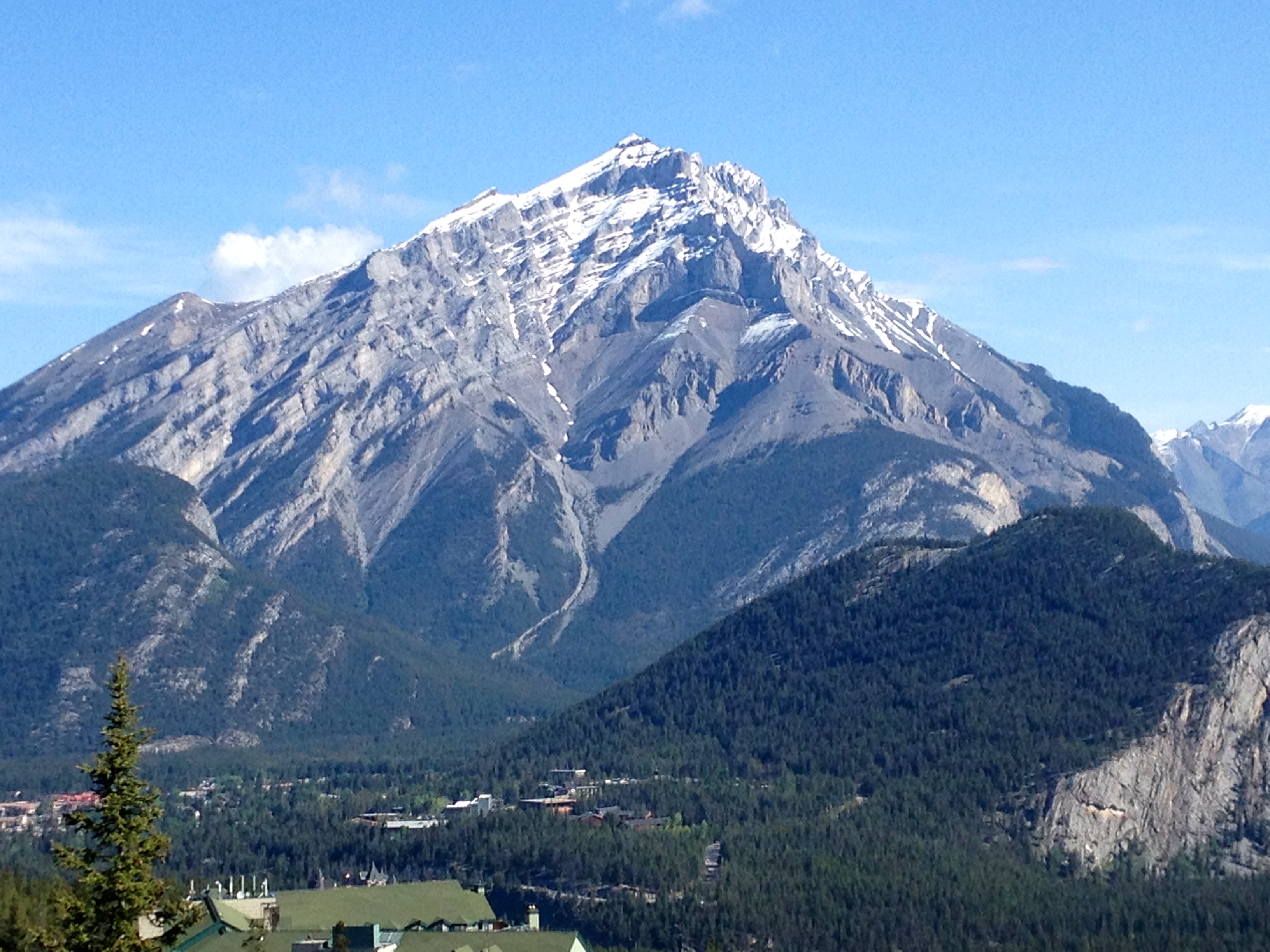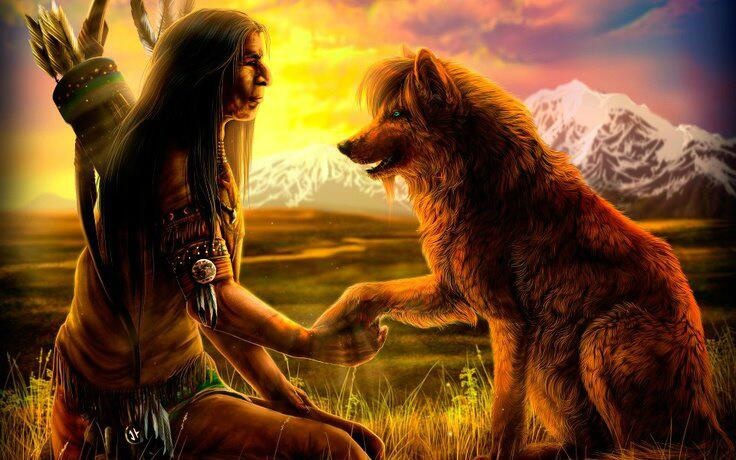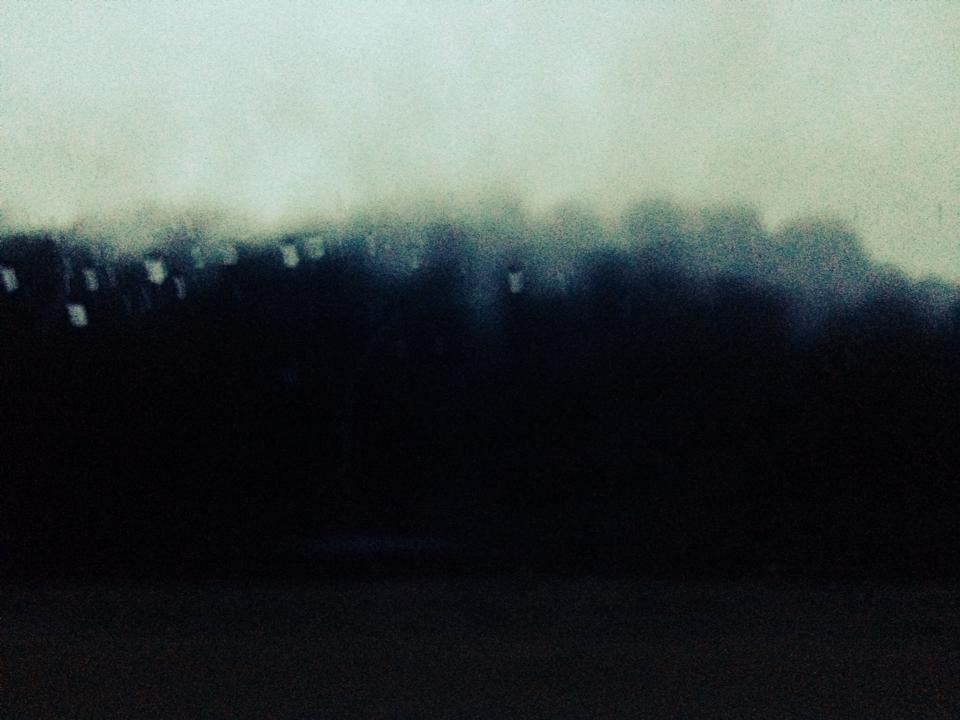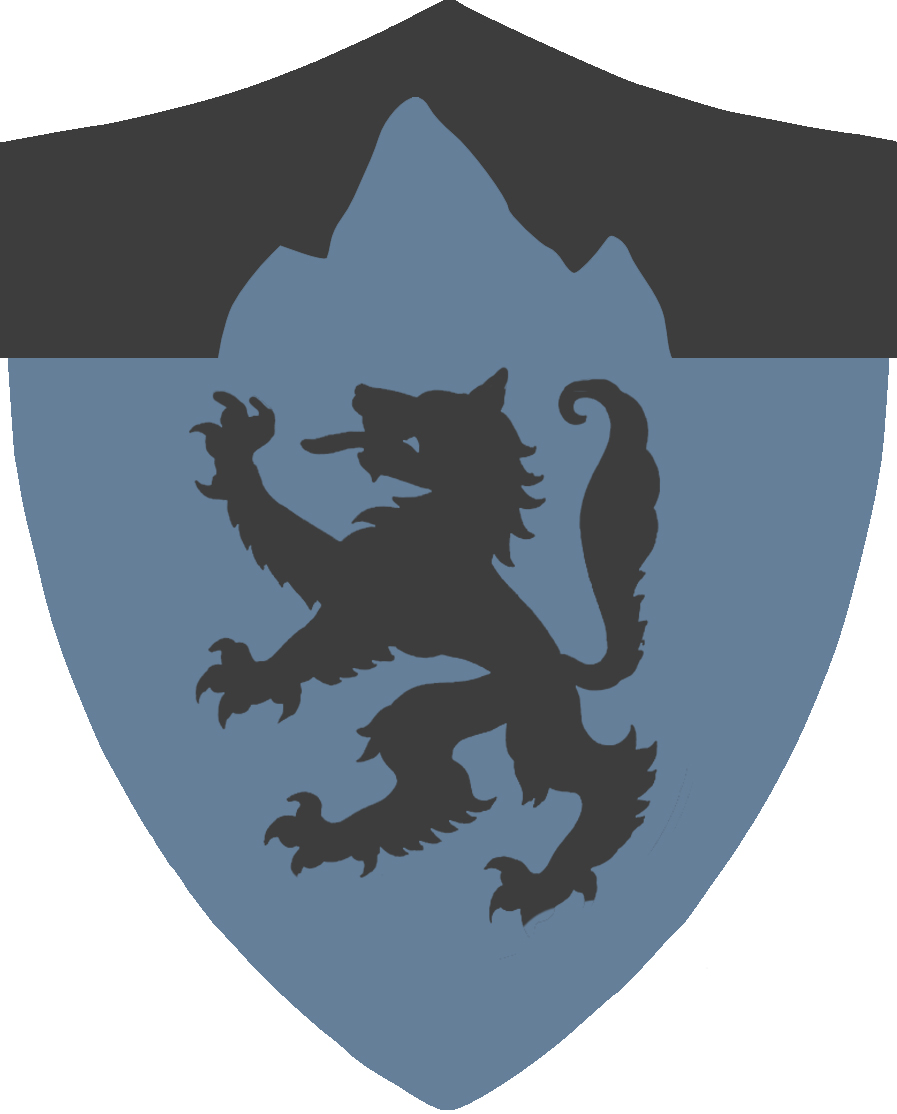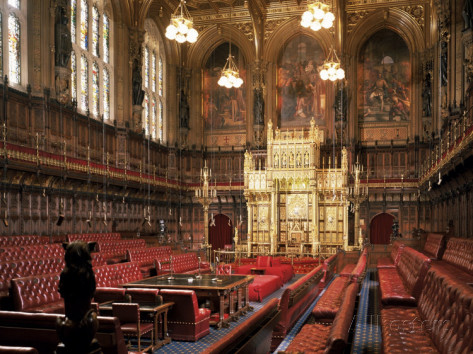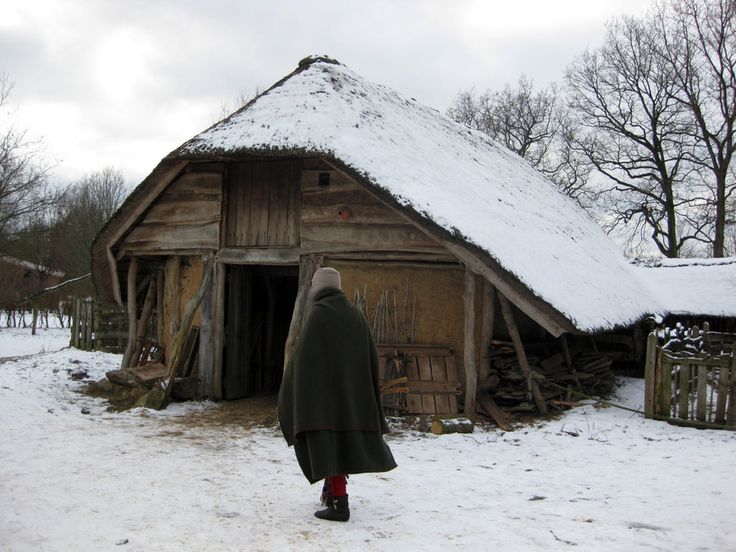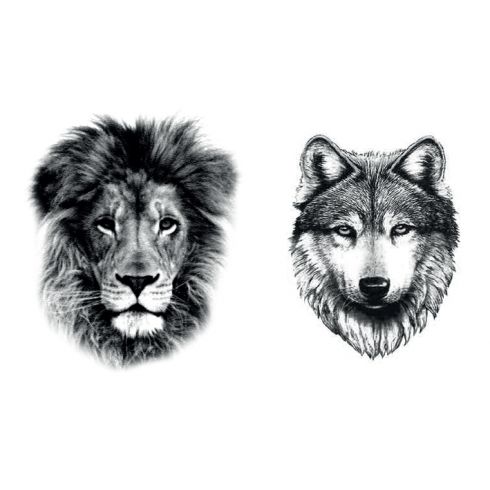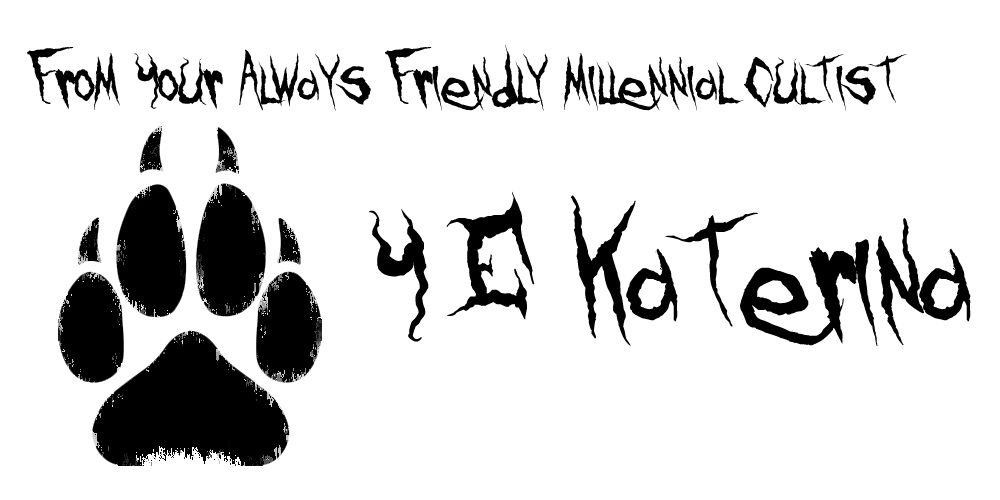
Greetings, my lovely wolf pack,
I would like to thank you all for helping me achieve 140 readers. This is an amazing feat and I couldn’t have done it without you. All the support you guys have been giving me has really allowed me to work hard through all the stresses of school and work. To celebrate I will pose the next lore/world-building post, about my favourite kingdom, Aneria.
Please enjoy and take the time to read through if you are interested!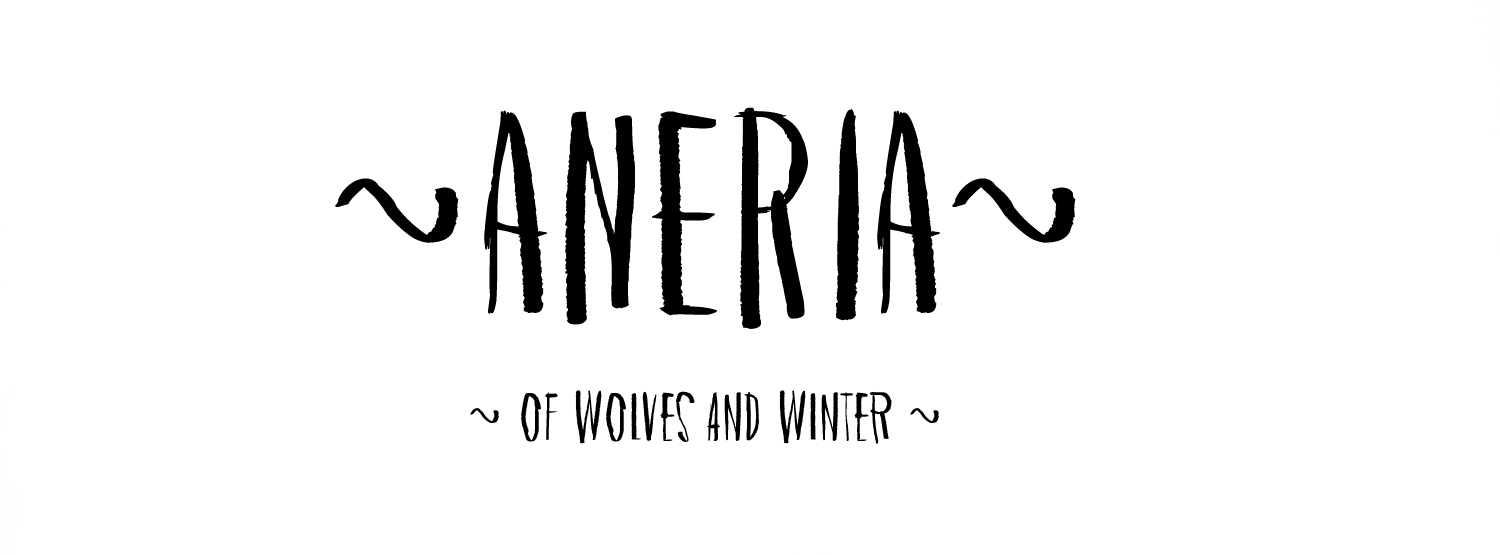
"He grew fond of his tales despite the wolf being the villain. The noble dreamed of traveling to the winterlands of Aneira, where dire wolves, the size of horses, roamed the forests and giants lived untouched within the Forests of Frost Giants for thousands of years." (The Renegade Blade, 30)
This is the central political kingdom within the winterlands. It is the only one recognized in the north by the crown of the roselands (eastern kingdoms). Its strength comes from the people, who live and die in togetherness as warriors bred to fight and survive as one strong unit. Known for its wild festivals, vast forests of wolves and frost giants, and (of course) its long winters, the kingdom of Aneria is where "The Renegade Blade" begins after the golden arc. Although it is one of the largest kingdoms, it is mostly tundra and inhospitable lands.
~ Histories and Politics ~

"Unlike those born from the elements, one race was born as the brothers and sisters of dire wolves. They were formed from the same womb as communicators, hunters and warriors. They were called the Dire, the brothers of the wolves. These ancient ones lived in peace and tranquility, until another race was born out of the mud and clay. Terah, or man, as they evolved into. Their nature was to conquer, and so they did, destroying the races until only a few survivors were left. While the other ancient ones withered and faded, the Dire were given a choice, to become wolves and live with their brothers, or to become man. The bloodline did not die. Their heritage faded, the Dire lived on, and their essence has been reborn in your siblings.” (The Renegade Blade, 113)
Aneria is the oldest kingdom in the winterlands, it encompasses the largest piece of land in the northern hemisphere. Prior to the birth of men the ancient race of the "Dire" made a home. As stated in my previous update, this old race of wolf-like humanoids were born from the same womb as the dire wolf (who are said to be as tall as castles in the ancient days). According to the people, these were known as the Orion (wolf-man) and the Eyolf (wolf). The first of these were Ask and Embla.
From 32-0 S.F. man invaded the kingdoms of the old races, led by their leader, Robert Darakth the Crownless. He stated that man was the superior race over the art-loving mages, wolfmen, dragonborn and sea-people of the other kingdoms.
When man came and invaded the north, the people of the Dire were defeated. They could not match the strength of the new race of humans who carried stronger steel weapons. When man invaded, they often mocked the gods of the old races. To anger the people, the humans wore stolen artifacts and pretended to worship their gods. However, that turned into true praise as the generations when on. Northern people prayed to the wolf and lion gods, eastern to the golden god, south to Hel and the east to the Morrigan (most favoured god as she was one of sex and love).
Darakth gave the people of the Dire a choice if they wanted to survive. They must either live as man, or as wolf. They could no longer live with a foot in each world. Most chose to become man, and follow the rebel leader as he continued his conquest to dethrone the mage kings till the end of time.
Yet, some fled from the invaders and flocked beyond the kingdoms into the mysterious lands of "Winter Frith". They are the dire-born living far above in the lands of man, protecting the spirits of old, monsters of the north and the frost giants. They believed that the realm needed protection. Therefore, they guarded the winterlands, living in a primal existence as they had in the old days. These people were the roots of the five northern tribes known as "The Five Headed Hart".
In the rebirth of man (500-545 A.R.), the barbarians took power over the ravaged kingdoms, after the fall of the old races and Robert Darakth’s fruitless conquest (spoiler alert: he got no crown, but managed to put the races of old to ruin).
In the northern kingdom, the tribe of Anra formed. It was known as the tribe of the strong. These are the brutal blood warriors of the north, they lack the cunning and leadership of the other tribes but they are the most feared. They are warriors in their blood who never back down. They give rights to women unlike the other tribes, women are able to be leaders and marry whom they want, as well as fight as shield maidens. They live and are hardened by the snow. They worship the northern gods, Sol and Mani.
From these barbarians came the northerners of the winterlands. The era of barbarians did not last long though. They lasted until the Dynasty of Kings (545-840 A.R.). A druid (a soothsayer) by the name of Leonidas Druid foretold the end of the kingdoms if the people did not unite. Therefore, a man of the eastern tribe named, Dreues Leviathan took it upon himself to forge the unity of the tribes into one kingdom. He forged his kingdom through blood, forcing the people into his union. When facing the northerners, he defeated them in what is known as "The Bloodletting of Wolves" (545 A.R.) and soon after became the first kingdom of the tribesmen.
As you might guess, the winterlands often were faced with defeat by kings. Although easily tamed, there was a time when they ruled as the strongest kingdom. When a mad king known as King Francis the Demon (645 – 673 A.R) upset the western kingdoms by signing a treaty to divide the south, Lady Adelardus Thelind of Lewenhart and Duke Robert Ceowulf commissioned the a warrior of the winterlands to fight for them. He was a man known as Dagnor the Grey Wolf (630-710 A.R.). This lone warrior managed to dethrone King Francis, kill and rape Lady Adelardus, and steal the crown for himself. He created Aneria as a kingdom he could give to his children, taking the largest chunk of land for the north.
“See, there is the greatest of the lords of the north, Lord Dagnor Rafa the Grey Wolf. A barbarian who allied with the vilest of the kingdoms to save the realm, from the most horrid ruler of Lysandra, Francis the Demon.” (Dream of the Druid, 630)
King Dagnor Rafa was the only northerner to be crowned king, because the gods found it amusing to curse him with five daughters. Yet from his line came the Rose Queens, Rhea and Sarka, the rulers of Lysandra and Langston. From Sarka came King Alexander the Lionheart, and from him came King Adonis Ros (the Nameless King). So you see why he is an important figure in the lore of my world.
During the duration of the series, the winterland is ruled by one lord, who governs all of the north and reports to the king of the east. He has a small council of men, including the Duke of the Mountains, and the barons of each noble house in his kingdom. They operate by a feudal system, no longer raiding and pillaging as the barbarians they used to be.
~The Liege Lord~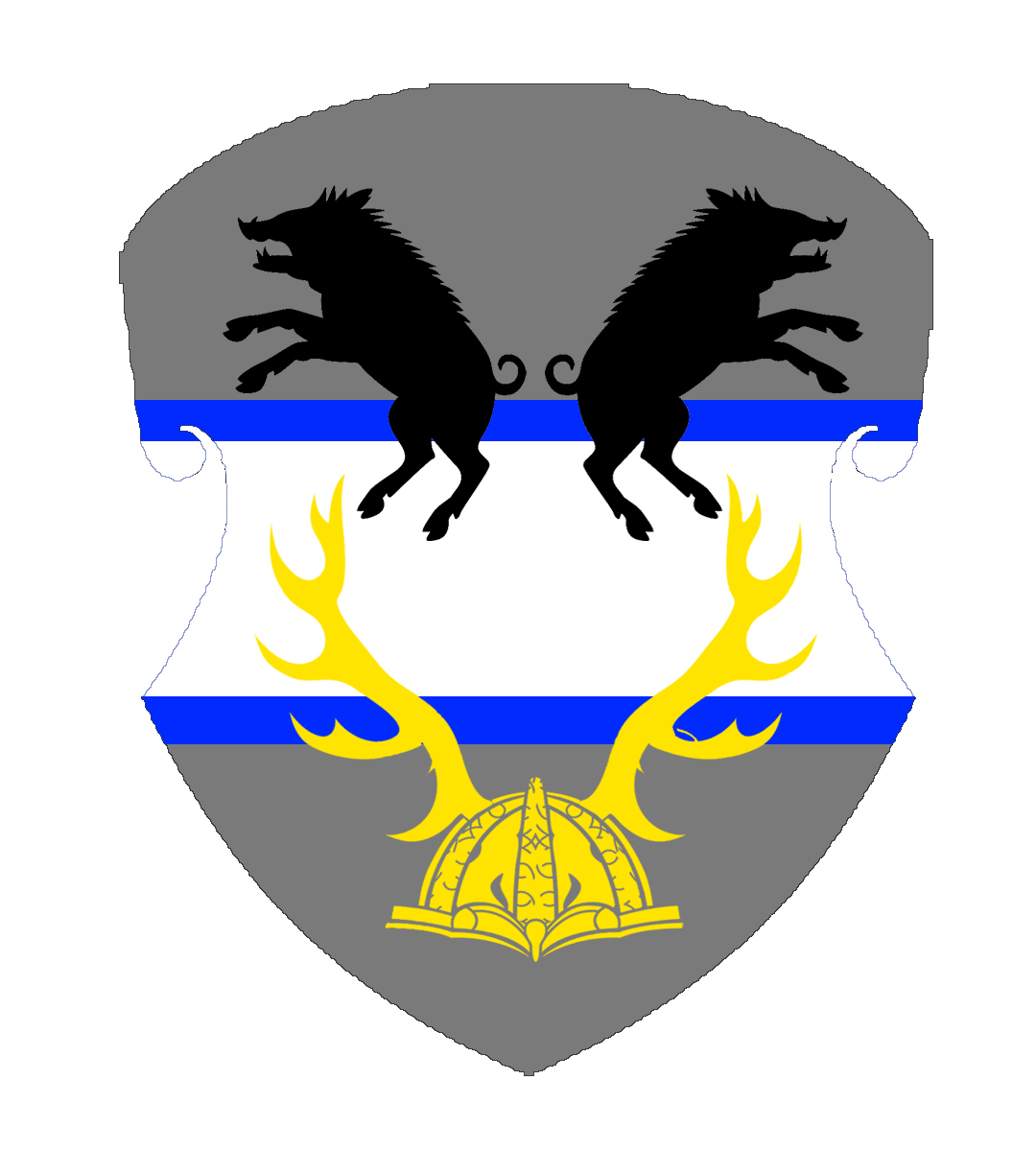
Liege House Coat: The family that takes this title is the one that rules after the golden arc. They were originally from a western lesser house. Then the Nameless King fell (and the north went with it), and House Coart was rewarded with a seat in the north. A family of dishonourable men, lovers of ale and whores, known for their tongues as sharp as swords. They create more bastards than profit.
Lord: John Coart
Lady: Helena Coart
Their Children: Alden Coart (bastard), Maerwynn Coart (promised to marry the prince when she comes of age).
~The Noble Houses~
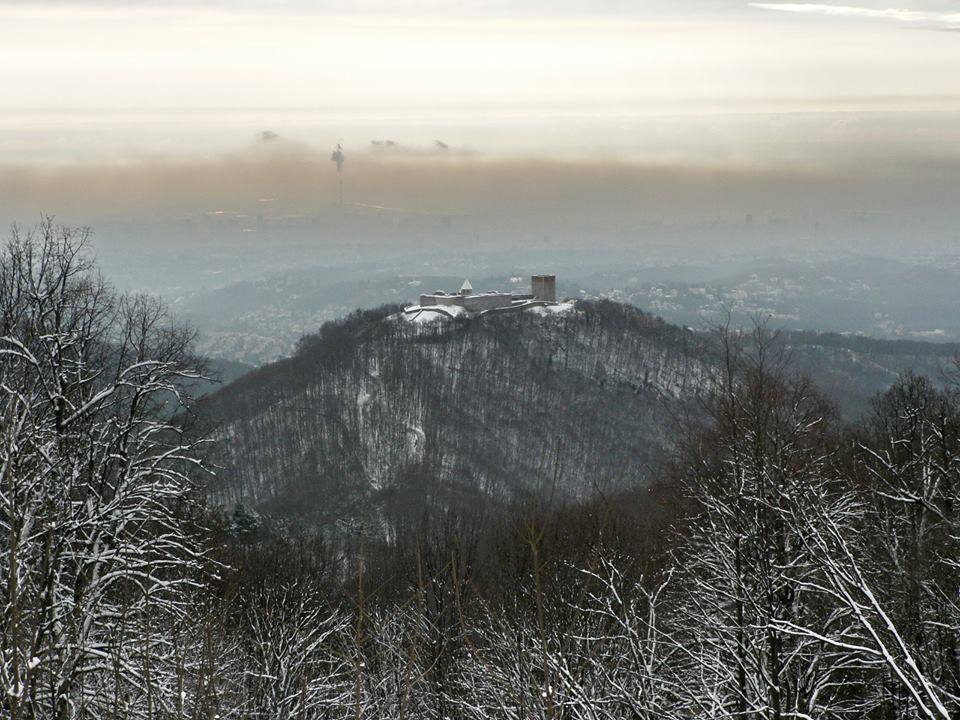
House Bartholomew - They are the second in command, known for their strong soldiers and war-hardened weapons. They are not an original noble house, but were made so by the new king. They reside in Fort Wolfsley.
House Foreslance - Another loyalist house to the king of the east. They are foresters, who live in the forests to the east. They live in Yorthendon Hold.
House Warrick - An ancient family founded on cunning and sacrifice. They are as old as the barbarians, and have survived since the birth of man. Blessed with daughters, the baron once had no heir. The baron has only one son, once an unclaimed bastard made the first of his name. When his wife died, the bastard known as Ser Terrowin Warrick (half-blood man, half-blood tribesman) took over leadership and brought the manor into a prosperous time. His father saw his courage and rewarded him with making him his heir. They hold the lands of Guthram.
These are just the houses in the first book, there are others, but they aren’t important here.
~The Five-Headed Hart~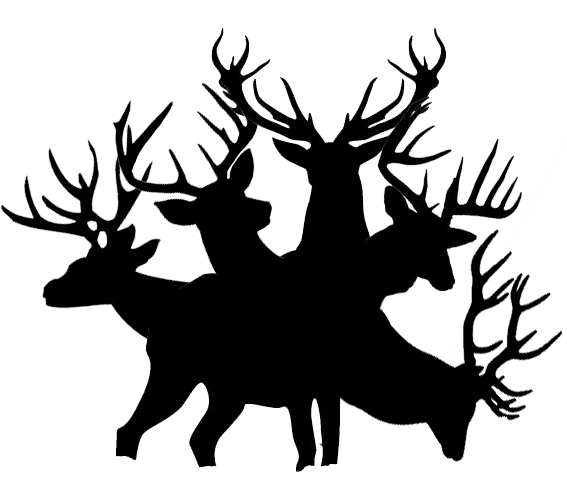
“You see, despite what this man has done to offend us, that is not the reason he will be put to death. Know this, son of Archard, our people survive because your kind fears us. If they do not fear attacking or wandering into our lands, then they will destroy us. That man is an offering to secure our survival in the realms amongst our enemies. His sacrifice shall go to good use.” (Dream of the Druid, 695)
These are the original owners of the northern lands. Their blood is ancient, undisturbed by the sin of man. The five tribes of the winterlands form a council, and together they protect the lands and live in harmony in a primal state, comfortable living off the lands. To the people of the north, they are a sacred people known not to be reckoned with, as they were never defeated in battle by the sons of men.
When seeking out a kingdom for his daughters, Dagnor the Grey Wolf, attempted to massacre the tribesmen. His attack caused ruin to his crusade, almost killing him in the process. Long story short, the northern tribes are not people you want on your bad side.
Appearance: dark skin and pointed ears, sloping brows and narrow eyes.
Briarshade - The tribe of the forests. They live in the south-eastern lands close to Nobury and Guthram. They have many healers. Often men of the kingdom travel to them in search of herbs and strong rogues.
Leader: Deerfeather - a strong warrior woman, known for her strategies in battle.
Whitewater - The tribe of the rivers. In the winter they live on a frozen river. They live in the north-east side of the kingdom. They are not kind to people of the human kingdoms.
Leader: Crowhisper - a warrior who once saved a noble family escaping from the wrath of the usurper king.
Stonefall - The tribe of the mountains. I talked about this one already.
Leader: Hawk - an old healer who through his talent saved his tribe from illness.
Runningmare - The tribe of the plains. They breed strong horses and live for the hunt. They reside between two kingdoms on the western border between Aneria and Nilfhela.
Leader: Fawnshade - A young leader with a heart of fire.
Frostpatch - The tribe of the tundra. They are the wisest of the tribes, the protectors of Winter Frith and the mysterious of the great beyond.
Leader: Willowsong - An old woman, known as the grandmother of the tribe. She is a druid with the power to see the future and look into the realm of the gods.
~Notable Figures~
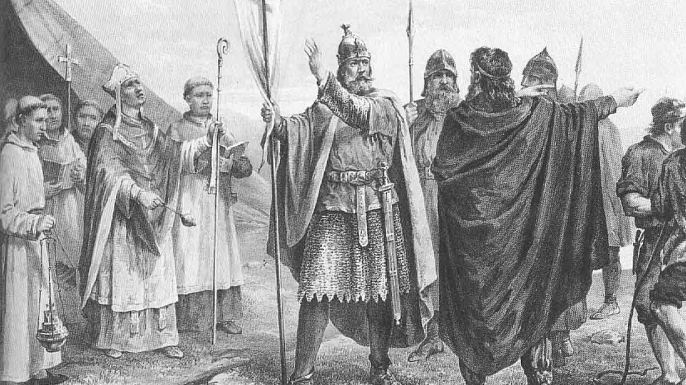
King Dagnor the Grey Wolf
"It will be an honour to serve the gods and my loyalties by fighting as the god’s champion. Dagnor’s Day is one of the last festivals true to its tradition. Hati and Sköll have chased the sun and moon into the skies, and two champions must fight, as in tradition, the loser shall become the sacrifice to appease Hati and Sköll from warring." (Bloodletting of Kings, 1063)
The first king of the realm born from the north. He ruled with a just hand, true to his nature, as a barbarian. He wore the pelt of a grey direwolf he killed on his back and had a crown of iron. From his line came the most important characters in the history of the realm. He is the grandfather of Alexander the Lionheart and great-grandfather of the Nameless King.
Willowsong
"By the stars themselves I was gifted with sight, a sense beyond what is seen by the eyes. I know what you are seeking.” (The Renegade Blade, 132)
An old, wise druid with knowledge of the future. She is a soothsayer with the power to listen to the words of the gods and translate them into prophecy. She can see the otherworld (realm of the gods) and see visions. Deerfeather can also give visions to others. The woman is kind-hearted and earned her name as the grandmother of the north.
Ser Terrowin Warrick the Wise Wolf
“I took care of my people and my father, I put my faith in myself and the gods to help my village. When that time of sorrow came to an end, I was rewarded for my work again when my father legitimised me as his only son. Now no longer am I a poor, fearful half-blooded bastard. I am a knight who serves the greatest lord in the realm.” (Bloodletting of Kings, 1065)
A once bastard to the name of Warrick. He is a cunning knight, who has sharp mind and a sharp sword. He is rumoured to be a loyalist to the old king. He does not hide his wishes for the north to return to its former greatness, when the kingdom could govern itself and barbarians raided lawlessly. It is also rumoured, he has a taste for both sexes.
Maerwynn Coart
“We already have the support of the crown, for Lady Maerwynn Coart is promised to the prince. We have no need to keep a savage woman with us.” (The Renegade Blade, 233)
The daughter of the lord of the north. She is said to have ravenous black hair. She was promised to wed Prince Rheon Draspian, as a reward to their family in their role in bringing down the old king of the eleven kingdoms.
Alden Coart
"If I can’t have you for a lifetime, I’ll at least have you now.” (The Renegade Blade, 238)
A bastard who has no claim to his father’s seat as lord of the winterlands. He was sold into slavery by his mother.
~Culture and Peasant Life~
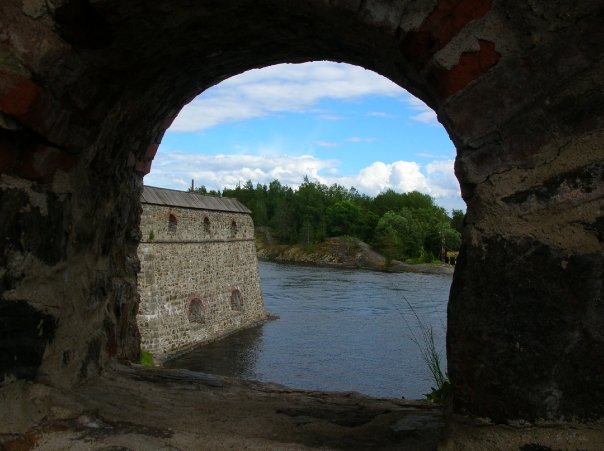
“When the beggar king united the ten kingdoms, he took away our ambition to fight. He came armed with a new god, one of peace, one of hope, which forced many to follow like sheep to the slaughter. He used our wolf blood as his own strength. He used my people and the glory of the hunt for his own crusades. The king gave us what we wanted, blood and war, but he never cared to uphold our traditions or learn our customs. To him, we were all pagans despite the Treaty of the Nine Gods. After a thousand years serving him and a god we did not worship, we grew soft. We lost our old ways, and became as weak as dogs bowing to whoever came to our lands. We no longer pillage or rage wars for spoils, but make tournaments and festivals to appease our need for the hunt. We no longer fight for the glory of the gods, but the glory of ourselves." (Bloodletting of Kings, 1062)
I covered the majority of the topic in the last post. It is important to remember that the northerners value family above all, even before the gods. I will talk a little bit on the milestones of life.
When mothers go into labour, no one is allowed inside, not even the midwives. Windows and doors must be shut up until the child is born. Most to-be mothers die from this practice, since it is a test of strength and nature. When children are born into the world, the eldest of the house blesses the young one and gives them their names.
Education is not important for northern children. Most never know how to read or write. It is only male first-born children who are promised a seat as baron or lord. The only schooling most boys and girls get is how to wield a sword or an axe. To teach children the importance of family, many are given pets to raise (usually these are dire wolf hybrids).
"In tradition, the woman wears the lion and the man wears the she-wolf. Man protects woman. Woman protects man. Here, in the winterlands, they are both seen as equals under the gods of the north.” (Dream of the Druid, 815)
Children reach adulthood at thirteen. Then they are married off quick, so they can have their own children. Highborn weddings are always arranged with other noble families, while peasants are more laid back (even having multiple wives or husbands).
When an family member dies their bodies are not buried or cremated. They are thrown into the woods to be eaten by ravens and maggots. This is because the northerners believe in the importance of serving their kingdom even after death. They believe that the soul is gone, and thus the body must be used to keep the forest strong, to feed the animals and soil in hopes of a rich hunt or harvest in the springs to come.
~Religion~
I went over this the last time so I’m not going to talk about it much again. The people of the north worship Sol and Mani (a lion and a wolf god based off of yin and yang).
~Places of Interest & Inspirations~
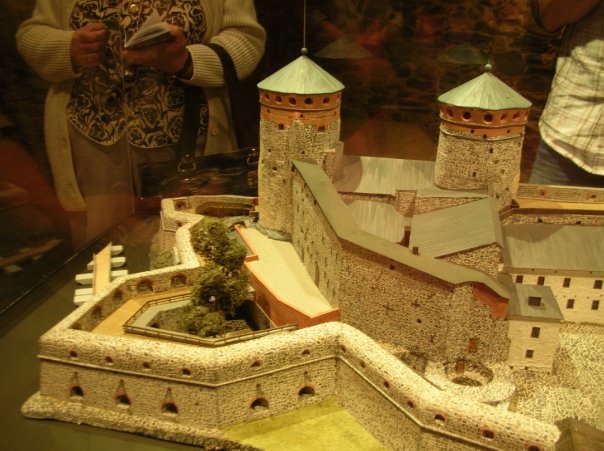
Wolfhaven
"In Wolfhaven there is nothing but snow and ice. We have to be cautious.” (The Renegade Blade, 596)
An isolated forest of dire wolves. This is the home of the three children who grew up with wolves (the main three on the cover). It is the first place you see in the main story after the fall of the rose.
Norbury
"A stonewall surrounded the village. The huts appeared humble in stature; most carved from old wood packed with clay and snow.
Dacianna noticed that the houses charred in black, burnt to the frame. Dry bones lay in uncovered ditches. The desolation frightened Dacianna. Even the most monstrous of animal did not make war among its own kind as man." (The Renegade Blade, 263)
A small hamlet in the north, along the moors dotted with sheep. It is where Elaine (prologue P.o.V) was born and raised, and lived with her grandmother, her father, her mother, and her little dog, Koira.
Freyashire
"The city rested on an elevated ridge within a clearing surrounded by protected enclosure of thick woodlands. Ring-shaped in structure with a mountainous outer wall protecting the inner city.
She spotted arrow slits and machicolations within the wall. The circular city had gates opening to the four corners of the earth along the outer curtain. Six main watchtowers overlooked the woods connecting the battlements. Beneath the majesty of the fortress bustled with lowborn, returning from the fields into the middle ward.
Peasants worked in the village, men who hammered steel to craft weaponry, giant warriors who stumbled around with their axes chopping wood. She saw women feeding the preada as members of their packs, horses, goats and cows." (The Renegade Blade, 227)
The capital of the kingdom, known not for its beauty but its strength. It is no longer in its prime. After the siege of the north in the fall of the king, it was ravaged and became weakened. It is the reflection of the northern people, once strong but now on their knees, bowing to a usurper. With time and a proper lord it might rise again as a strong iron fortress.
~Folklore~
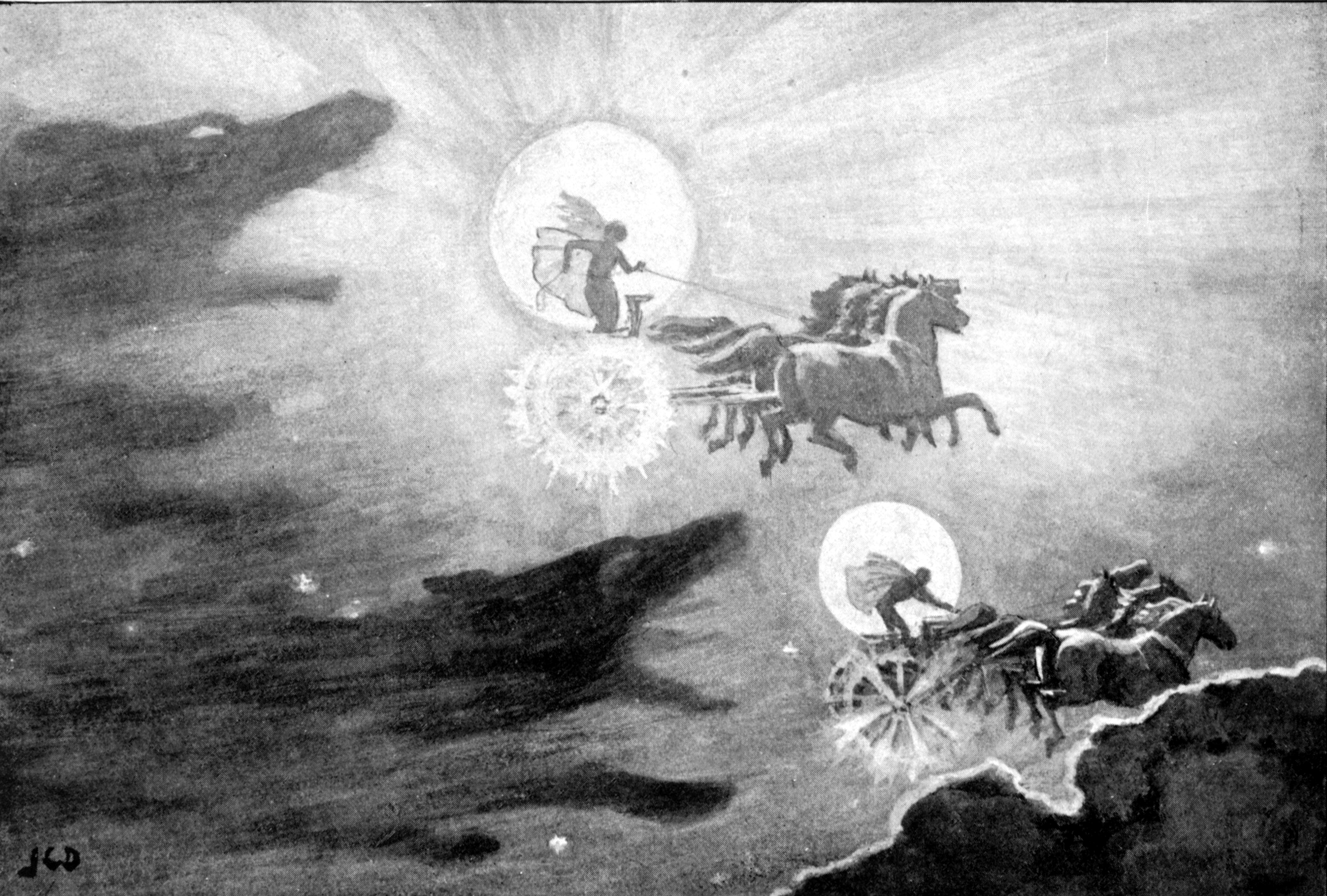
The Creation of the Realm - "Mani’s Blessing"
The gods danced in the great plains of the stars, hunting in the company of one another. They felt alone, they had no one to share the beauty of the skies. That was true until out of the womb of Mani came the hunters.
The Eyolf and the Orion, wolf and man, brothers under the sun and moon. They were born with black wings that stretched as storm clouds across the Lands Beyond. The two became jealous of the gods because they had no light form as Sol and Mani.
The two children of the gods stole the stars and weaved them together to form bodies. When the light mixed with their mortal souls, the stars died, their bodies became pale, and the rays of light turned to fur.
The father of light, Sol, the great watcher of the world, saw this and was furious. He stripped his sons of their wings, the feathers gathered and became ravens. They were eyes of Sol, Huginn and Muninn. The Eyolf and Orion fell endlessly, for thousands of years, going apart from one another in their exile from the heavens.
Mani was merciful and kind. She crafted the earth to stop their fall and gave them the land to live as long as they obeyed the laws of the pack. She gave them a promise that once their bodies melted away, the mortals would regain their wings and return to the stars. Man had grown far from his brother, he retaliated against his father, turning mad and jealous. He vowed to always hunt his brother. It is why man and wolf can no longer be as pack.
Hati and Sköll
These are the chasers of the sun and moon. It was said that in the days of old, there were two sons of Eyolf, Sköll and Hati, who became alphas of the Great Pack of Valhalla. One was black while his brother had a gold coat, which reflected the light of Sol. Sköll was loved for his colours and blessed with good favour of the god of light.
Hati grew jealous of his brother’s popularity within the pack. He plotted to kill Sköll. Upon the dawn of one day he took him out hunting, taking him to the plains known as Hel. The cursed lands of blood. Hati attacked his brother, ripping the golden fur from his back. Sköll detested Hati for his act of betrayal and retaliated to kill. The two alphas fought endlessly, coating the plains with crimson, there was unrest in the skies.
The pack was divided, killing each other as mad dogs, each fighting over whom had the right to rule. A sickness fell over the pack that caused a great madness.
Lyra, a she-wolf of the pack, cried out to Mani for help. The goddess heard her cries and struck Hati with madness. He believed that the goddess of the moon was his enemy and began to chase it. Sol struck Sköll with his own madness; he chased the sun becoming the enemy of Sol.
Thus, the gods would run across the sky, sharing the night and day to take cover from the fangs of Hati who chased the moon and Sköll who chased the sun. It was their promise to the Eyolf that as long as the pack thrived and alphas took care of their kin, the two wolves would never end their chase. If they did, they would turn their rage on the Eyolf. Upon the day of Sigfrøðr their hate would end and peace would come over the earth, the heavens would befall on the world. This madness is the anger of the gods upon a pack, the alpha is no longer sane, our pack is in the crossroads.
The Nine Long Nights
The gods of the winterlands, Sol and Mani keep balance in the heavens between light and darkness, but they are also lovers. Without one, the harmony of the world is lost and we are cast into darkness.
There was a wolf of the pack of Valhalla, named Frigg, a hunter who fell in love with the sun. She wanted to take it for her own, thus, she awaited Sol to rise over the realm at dawn and struck an arrow into the heavens. Mani saw her lover in danger, and she cut in from of him, taking the arrow. Instead of crashing to the realm of men, her light died. Sol grew angered by this and was driven into madness. He sent fire to burn the hunter and set a curse upon the waters to stop its movement. Once the pack began to fall, Sol gave way to eternal night, known as the nine long nights.
During the nine long nights, the Great Pack of Valhalla was divided. A new pack arose and blood became its alpha. The realm of wolves watched as night passed over dawn and clouds covered the lands with crimson. After nine long nights, one was born.
Birthed of the tree of which no man knows from where its roots run, the Blessed Child rose to bring light once more to the realm. The child of the untold, the forgotten, and the seen.
The Blessed Child rode upon a sixed-legged mare and went forth into the lands beyond to ignite the gods with life once more. In the strife of the Blessed, the gods returned their sight upon their children and welcomed them into the vast halls of the Lands Beyond.
Yet, the blood of the fallen tainted the peace and thus, time began anew, rebirthing the hunter of the sun and the eternal soul that lies within the blessed one. They say that the nine long nights will come again, at the end of time once more to darken the sun and bring destruction.
I hope you enjoyed this long lore update. The next place we will explore is the midlands.



